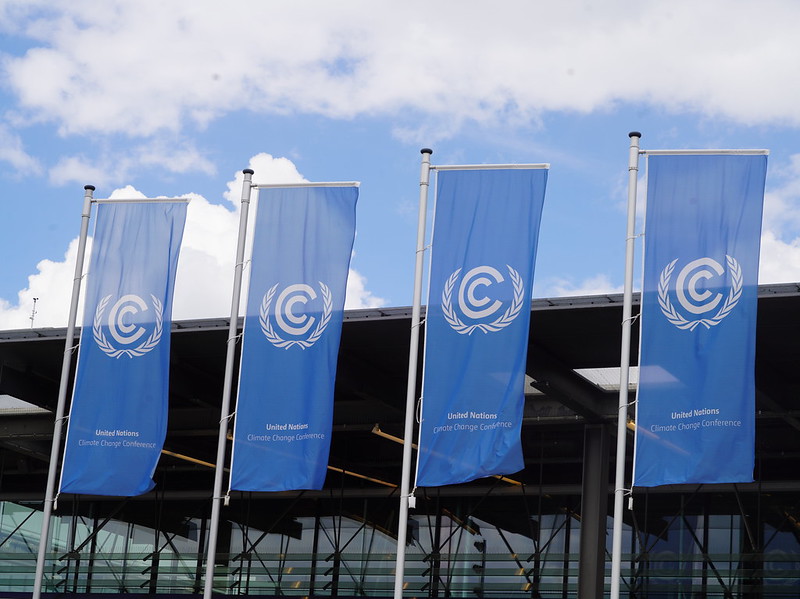At the start of the two weeks of talks in Bonn, UN Climate Change supremo Simon Stiell called on negotiators to “make every hour count” and to “move from zero-draft to real options” on a post-2025 finance goal. “We cannot afford to reach Baku with too much work still to do,” he warned.
But, at the last of Bonn’s sessions on that new climate finance goal on Tuesday afternoon, the chasm between developed and developing countries remained unbridged and, rather than “real options”, all negotiators have to show is a 35-page informal input paper.
Perhaps the biggest divide is over setting a dollar target. Developing countries have put forward figures like $1.1 trillion and $1.3 trillion. Developed nations have suggested nothing other than that it should be higher than the previous $100-billion goal.
“Every time there’s been [one] excuse or another why we couldn’t discuss quantum,” said Saudi’s infuriated negotiator yesterday.
Australia’s representative responded poetically. The number is just the “star on the top of the Christmas tree”, she said – and so should only be decided once the goal’s structure has been defined.
One branch of that Christmas tree is who pays. China’s negotiator was clear it shouldn’t be them – and developing countries have backed him all the way so far. “We have no intention to make your number look good,” he told developed countries.
He was, however, magnanimous enough to wish Swiss negotiator Gabriela Blatter a happy birthday. She later said arguing about all this yet again wasn’t a great way to spend it but invited her fellow negotiators to join her at a Bonn Biergarten last night regardless.
Will an evening on the Kolsch leave negotiators more willing to compromise by the next round of talks (dates yet to be fixed)? More likely that ministers will have to get involved and use their authority to narrow the gaps between the two sides.
Barbados’s representative laid out the real-world stakes, as climate-driven disasters mount. Talks must speed up, he said, before more and more small islands and least-developed countries “disappear from this gathering because we disappear from the planet”.



